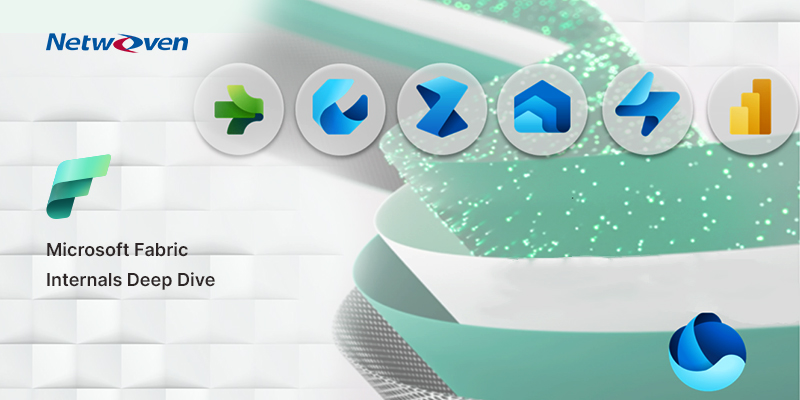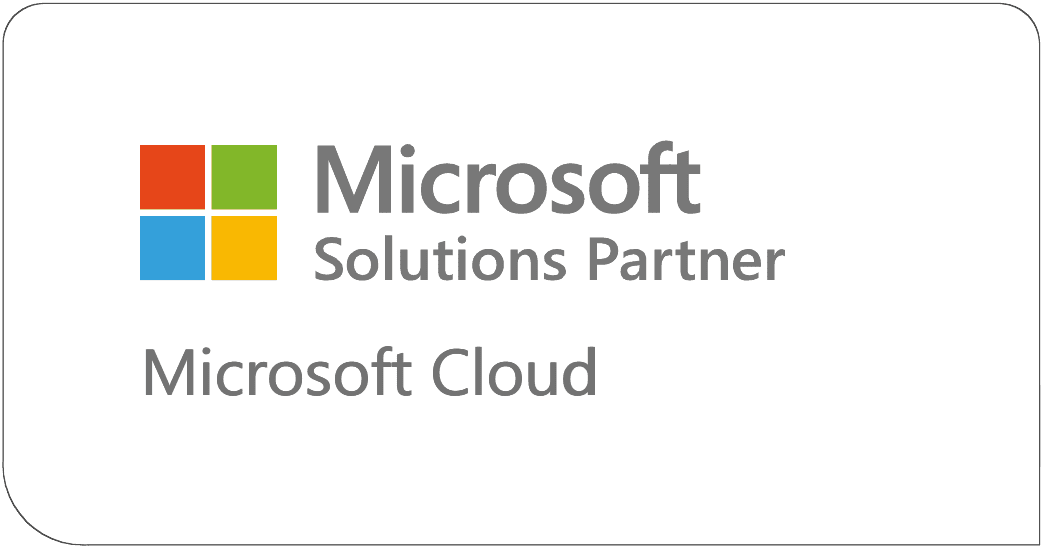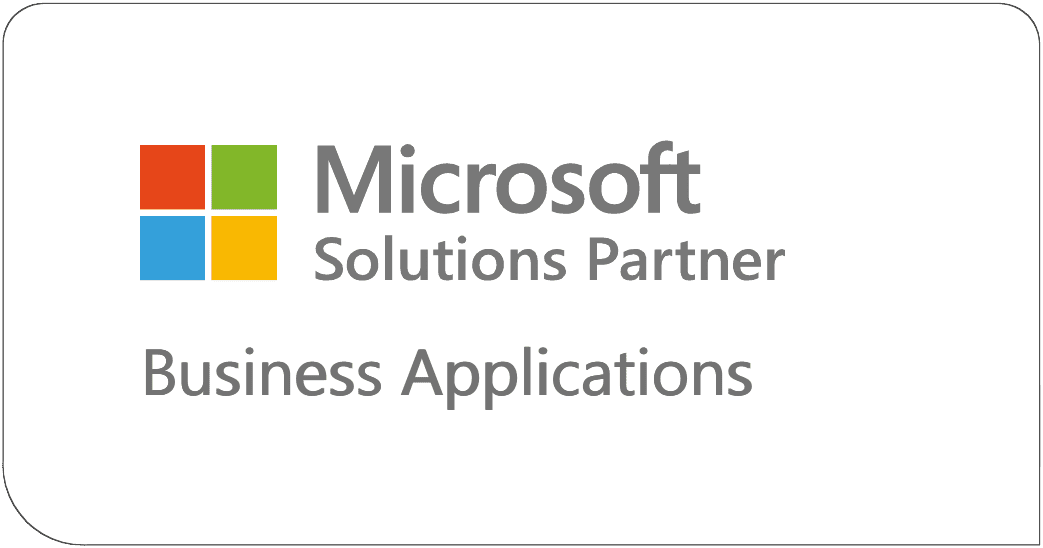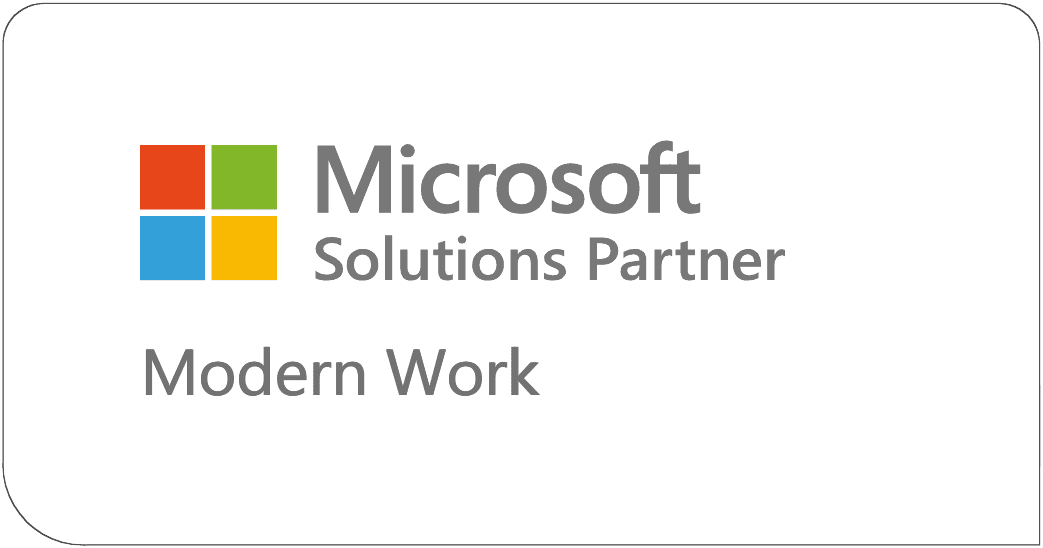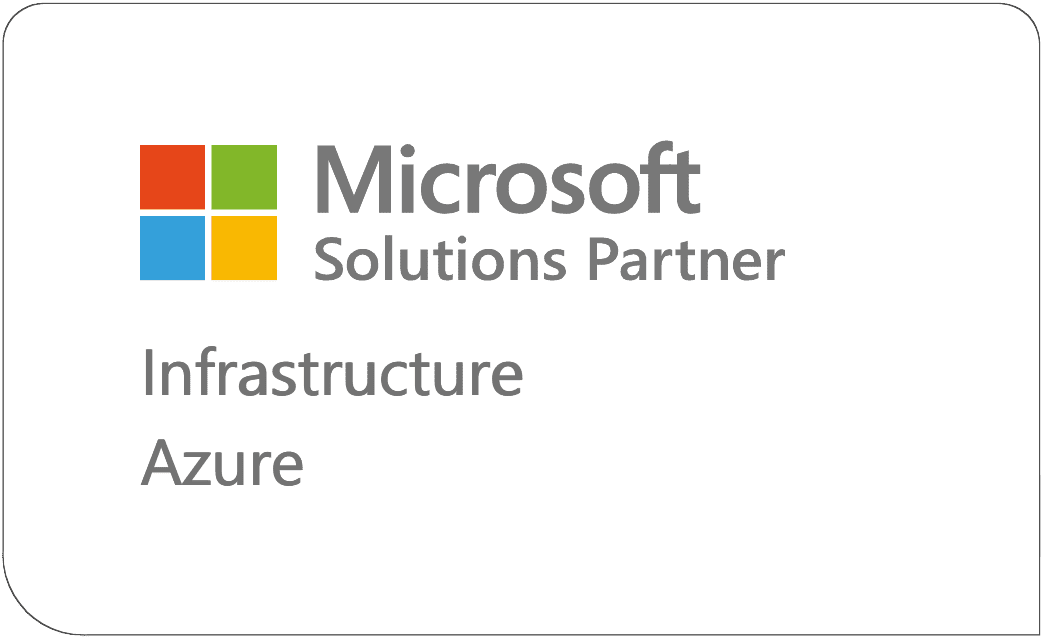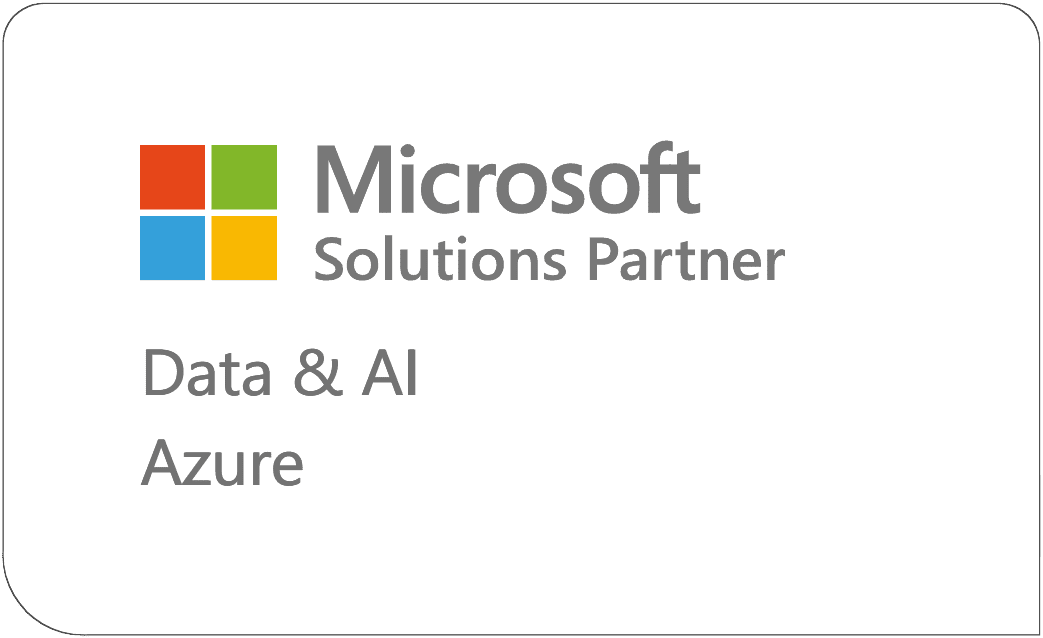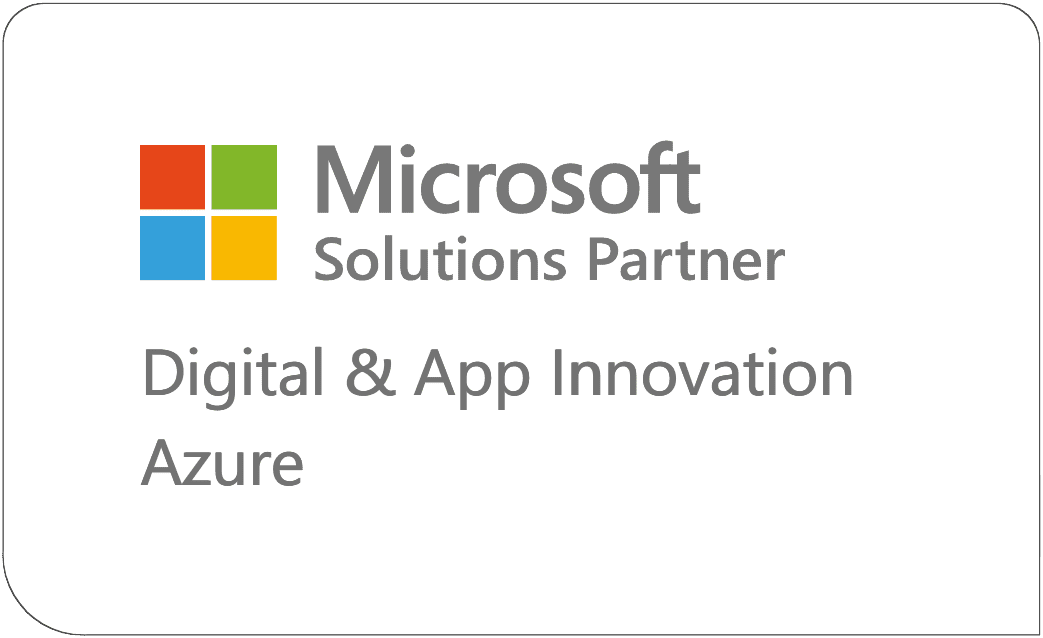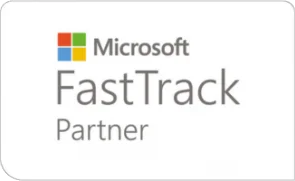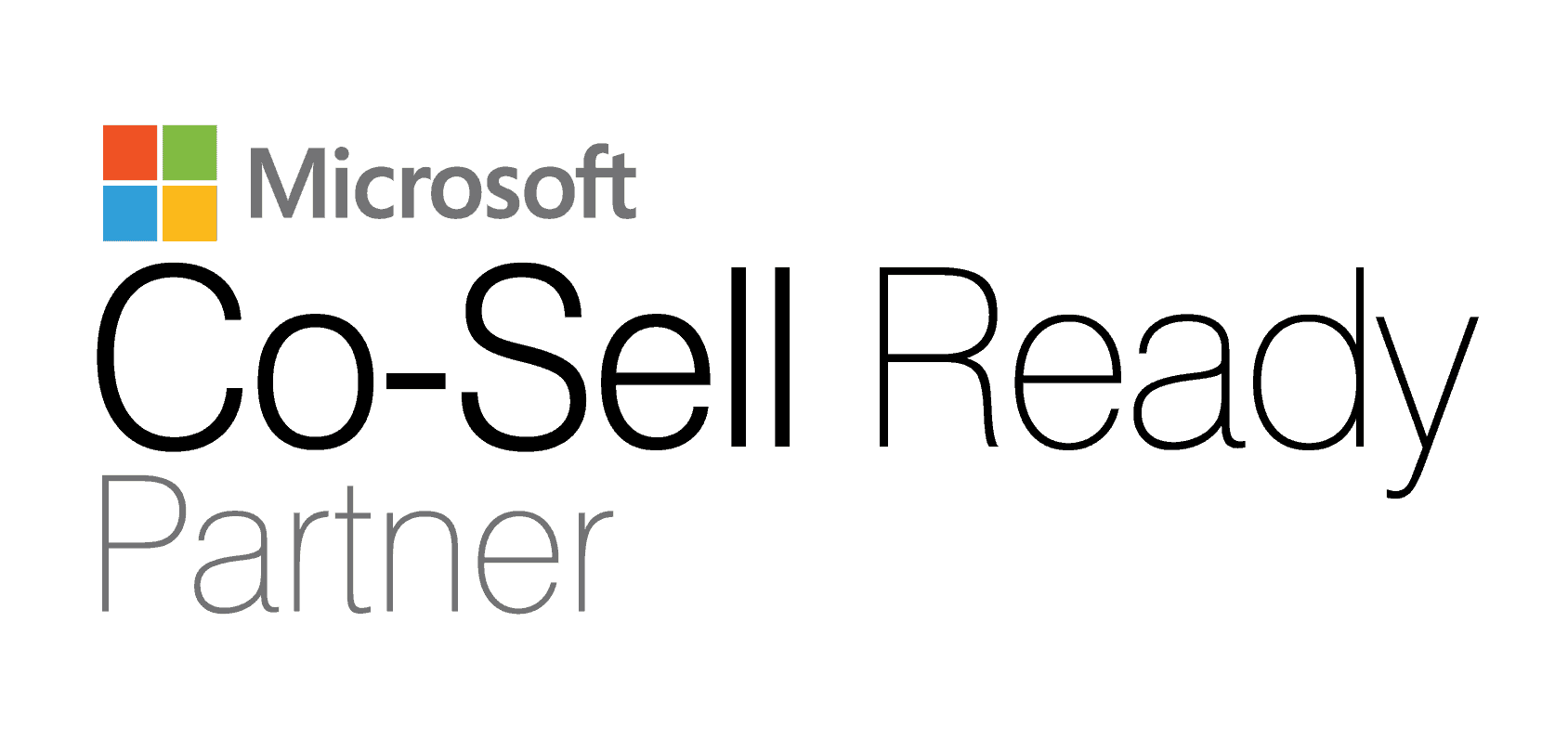Introduction -The Significance of Governing Data:
Data is an invaluable asset to any organization and vital to business development and organizational success. Any business that does not analyze data to discover customer insights, augment business processes, and identify viable opportunities has a minimum to zero chance of remaining relevant in the market.
To make sure your valuable data is managed optimally so that it is consistent and reliable, you must regulate the data with a set of practices, standards, and principles, and that’s exactly what data governance does. A successful data governance program enables your data to be leveraged to make informed decisions, drive business initiatives, and facilitate digital transformations, and all this in a repeatable way. It can scale and adapt according to the increase in data volumes and sources and with the evolution of technologies.
The definition of data governance, in general terms, can be as hazy as it can get as different people have different definitions for the term! If you’re the one responsible for data governance in your organization and the organization has made the investment in technology, as soon as you get it implemented, you will be in front of the leadership demonstrating its value and explaining a quantifiable ROI from the project to them.
A major challenge to data governance is not only getting the executive team’s approval but getting the functional teams’ support, across the organization. The reason for this is to make data governance successful and maximize the value of the organizational data, the involvement and contribution of everyone across every team and department is necessary. The most effective approach to promote program participation is to attach the governance program to strategic initiatives. Governance requires business-driven and quality-focused strategies to achieve business objectives and deliver ROI.
A simple solution to this is getting ready some well-drafted, business-focused use cases that balance complexity with time to value. They can be extremely useful in obtaining organizational buy-in for business-focused applications. Defining use cases is an academic as well as analytical process, it’s all about communicating the organizational needs in line with its goals, collaboration, and creating advocacy. Let’s delve into that a bit more in detail.
The Basics
Here are some examples of how a well-crafted business use case would highlight why a good data governance program is a crucial priority that focuses on the challenges your organization is facing-
- If your organization is facing regulatory hurdles, a use case could outline how governance can make the compliance team’s life easy by streamlining regulatory reporting and saving you from pricey regulatory penalties.
- If the organization is having trouble consolidating data from dissimilar data systems, the business case can highlight how governance helps ensure trust in investments that will enable your organization to consolidate systems or migrate to a cloud environment.
- If fixing data quality issues is consuming the team’s time rather than running analytics, your business case should focus on how governance helps solve data quality issues in a proactive manner, for the most impactful data.
Other categories of use cases you can use are:
- Optimizing cost and pricing
- Better analytics
- Drive revenue growth
- Enhance operational efficiency
- More customized customer experience
Breaking it down
Let’s break it down into easy-to-understand, executable parts-
Create a framework for discussion
Before you schedule a working session, allow the attendees to prepare by providing them with a framework. Here are some use case development thought-starter questions you can share before the brainstorming session-
- What are your team’s principal goals over the next 1 – 1½ years?
- Who are your primary data consumers?
- What is that one thing or change needed for your data capabilities?
- Where will improved data have the most benefit
- in the company-
- in your function-
- What would be the primary KPIs your team uses to assess performance?
- What are the main challenges related to your particular role? It could be any one or more of the below-
- Quality
- Management
- Collection
- Transparency
- Accessibility
- Anything else
- Which business case would you and your team consider for a pilot?
- What are your measures of success for this project?
Business case contextualization
Data strategy alignment
| Strategic business driver | Impacted processes | Challenges | Business cases | Data capabilities | |
| Enhance customer satisfaction & retention | Customer acquisition | Lack of communication between customer-centric systems | Creation of business processes that are customer-centric | Master data management | – Prioritized – Actionable – Business plan aligned |
| Customer service | Lack of visibility to customer demographics | Build a 360° view of the customer | Data governance | ||
| Customer support | Social data mining for customer sentiment | 3rd party data acquisition | |||
| Data literacy enablement | |||||
| Program management | |||||
| Change management | |||||
| Measure and monitor KPIs | |||||
The best is yet to come
Now that the stage is set, your team can process with a session that’s smooth and constructive. An important point to note here- no doubt technology is a crucial enabler, but the emphasis should not be on it during the development process.
In the next and final part of this blog, we will list the key components of an effective data governance use case along with an example of regulatory compliance scenario.
Reach out to us to learn more about our data security and governance services.




